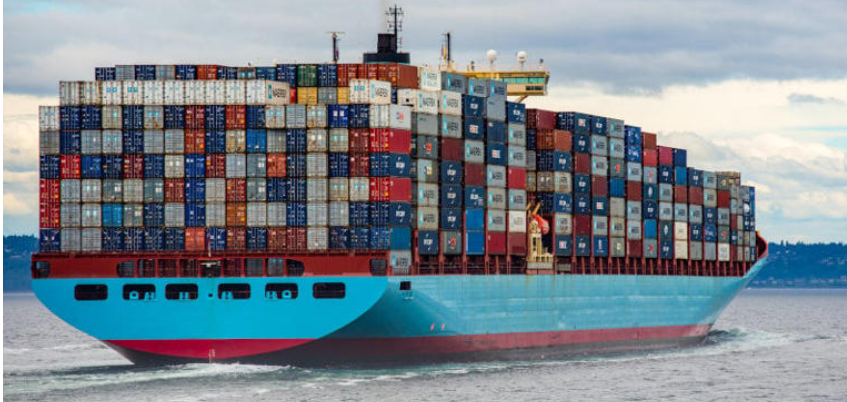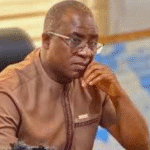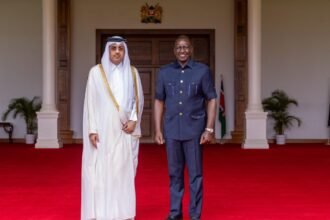By Simba Munyua
Rabat, Morocco – In a bid to address stark regional disparities in foreign trade, the Moroccan government has unveiled a nationwide initiative designed to decentralize export activity and promote balanced territorial development. The ambitious plan, outlined by Omar Hajira, Secretary of State for Foreign Trade, aims to empower all regions of Morocco to contribute meaningfully to the country’s export drive, regardless of location or proximity to traditional trade routes.
The initiative comes in response to the current imbalance, where just three regions account for a staggering 85% of Morocco’s total exports. According to Hajira, one region alone is responsible for 47% of all industrial exports, while the vast majority of others struggle to surpass 2%. Furthermore, 75% of all exporting companies are concentrated within these same three economically dominant zones.
Hajira, speaking during a parliamentary Q&A session, emphasized that the government’s Foreign Trade Program for 2025–2027 is founded on a “territorial and participatory approach.” The program aims to extend export capacities beyond the coastal regions and economically developed centers.
“Every region should be empowered with the necessary tools and infrastructure to contribute meaningfully to the country’s export drive,” Hajira asserted.
To ensure the plan’s success, the Ministry of Industry and Trade has been actively engaging with regional stakeholders. Consultation meetings revealed a significant need for improved data and awareness, with some regional officials even lacking accurate information on local export performance.
A key component of the initiative is the establishment of 12 regional support offices nationwide. These offices will serve as local contact points for businesses involved in foreign trade, providing support not only to large and medium-sized enterprises but also to very small businesses, particularly those located in provinces far from regional capitals.
The government also plans to develop a digital platform to provide critical information to both exporters and importers, improving access to institutional services and fostering a localized export strategy. Financial and logistical support will be extended to companies in regions with low export activity, aiming to stimulate growth and reduce structural disadvantages.
The ambitious program has set significant goals, including the creation of 400 new exporting firms annually, the mobilization of 84 billion dirhams in untapped export value, and the generation of 76,000 new jobs.
Hajira affirmed that these targets are fully aligned with the government’s broader agenda of inclusive economic development and regional equity in international trade. The success of this initiative promises to not only boost Morocco’s overall export performance but also to create a more balanced and prosperous economy for all its regions.









